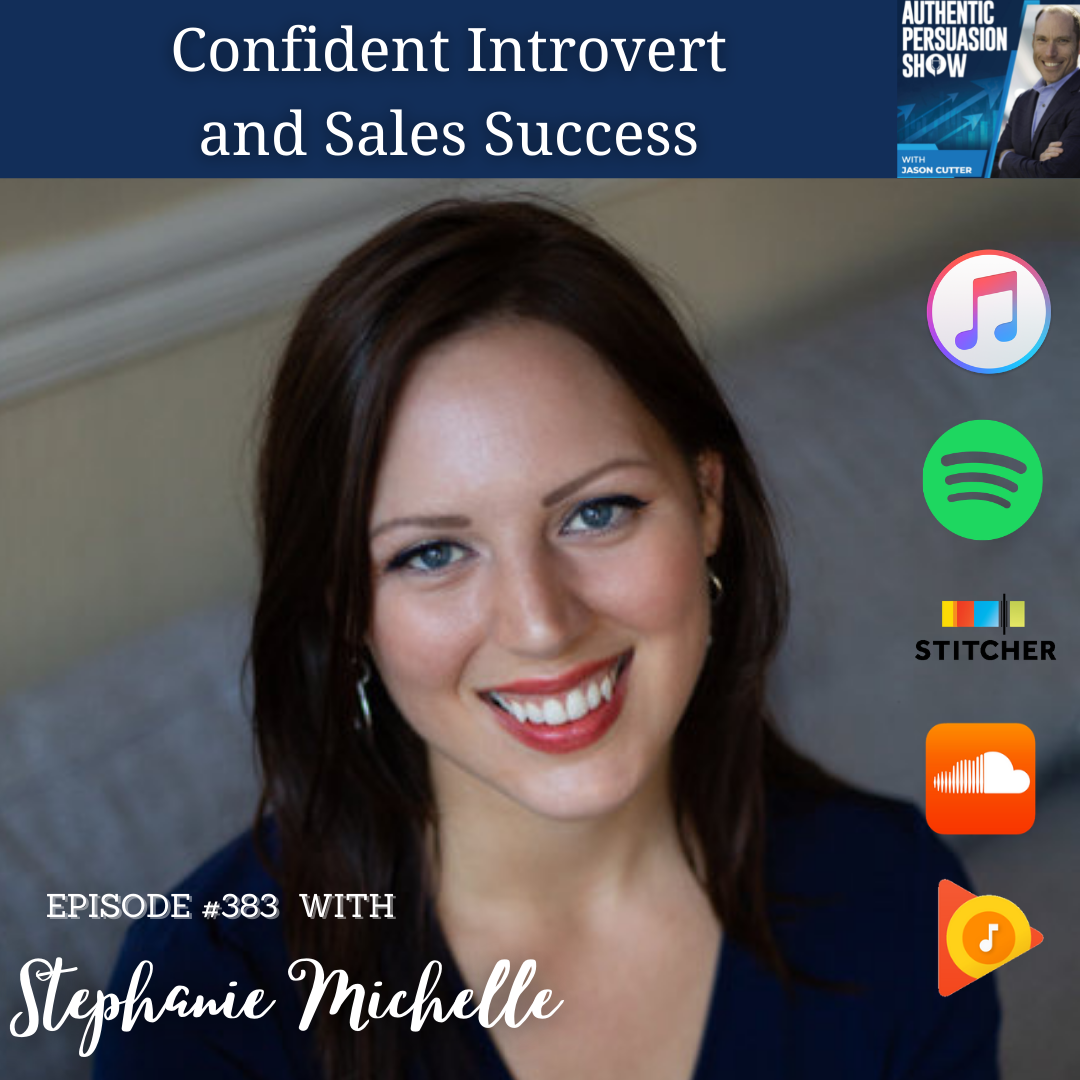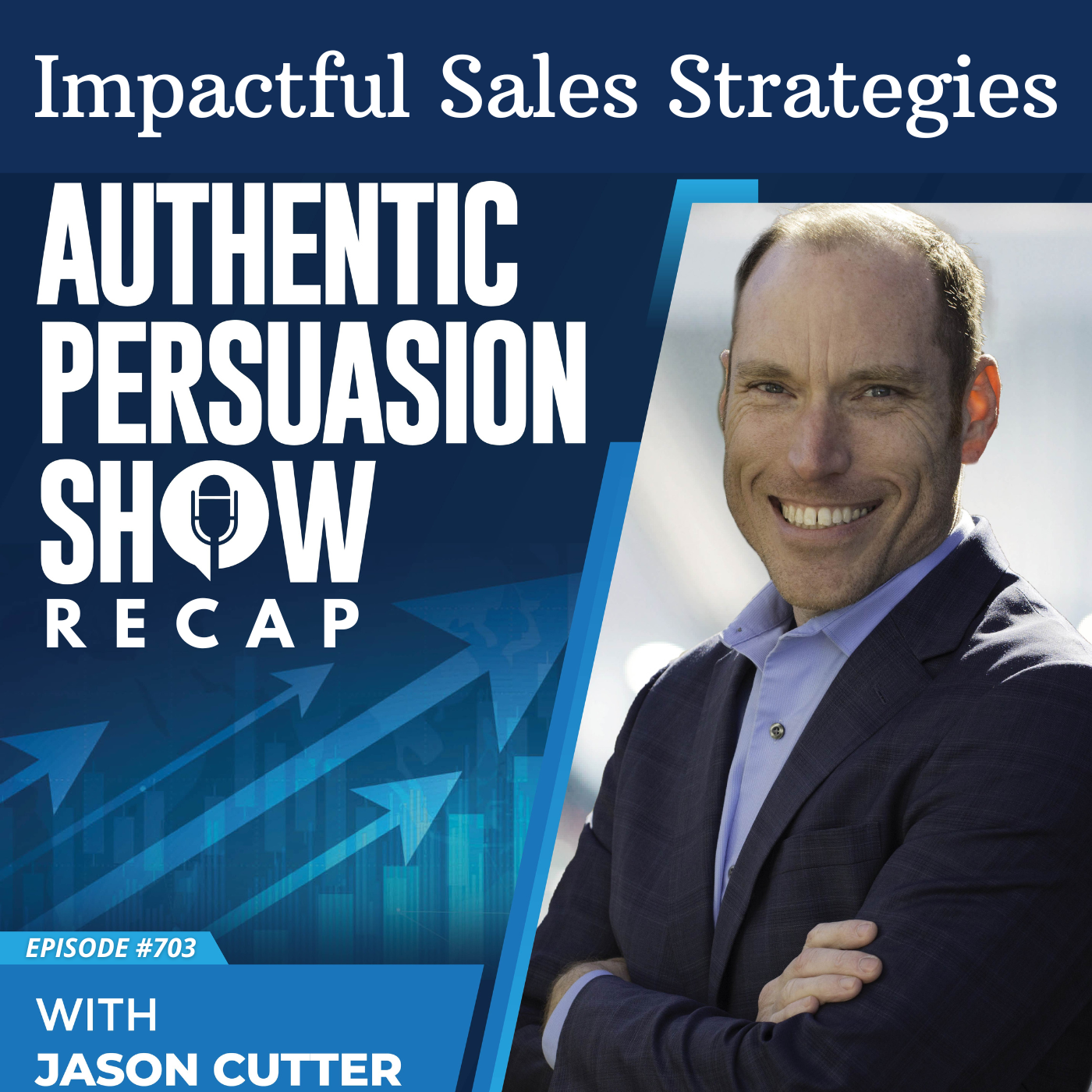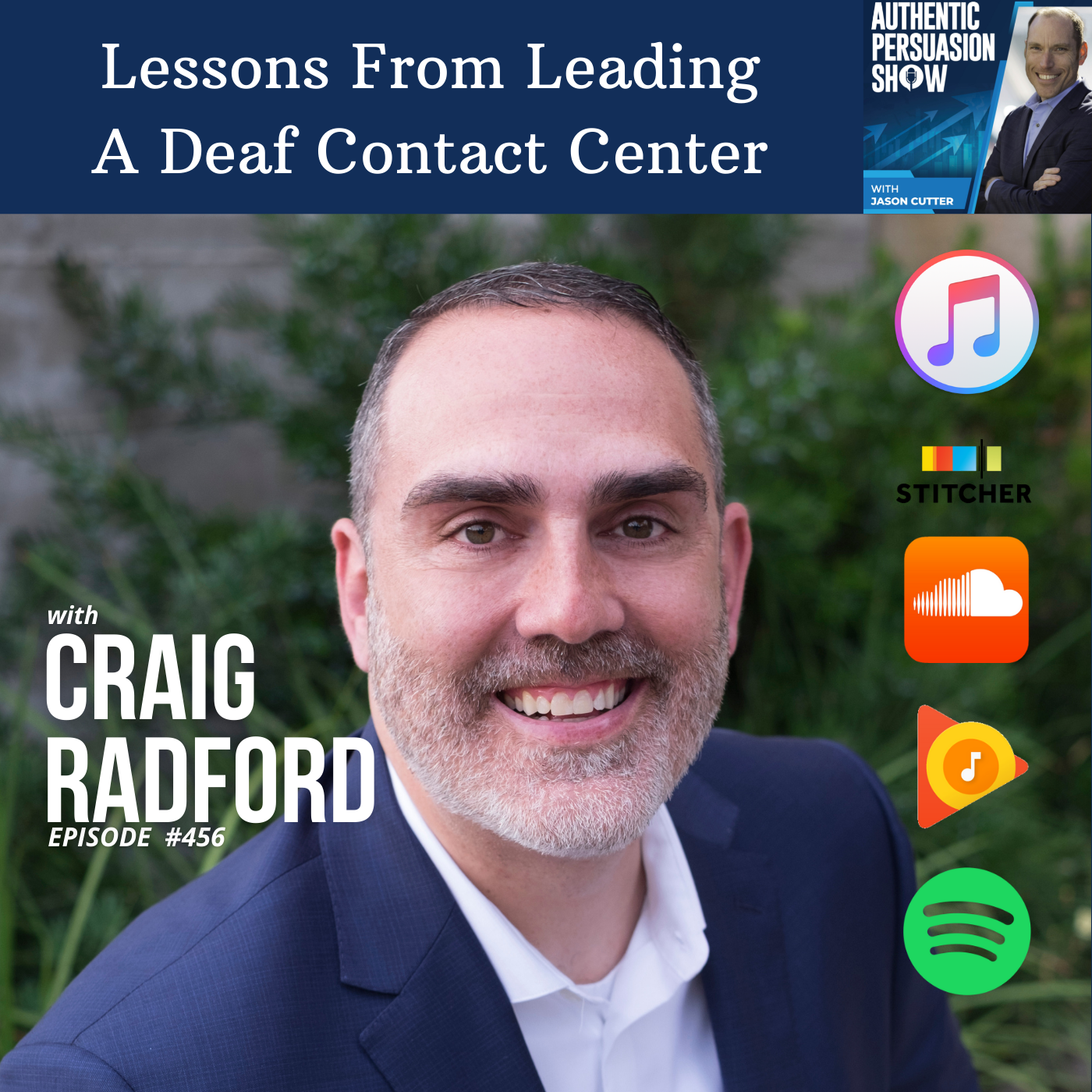Episode Transcript
Jason: All right. Welcome back to part three of my conversation with Justin Hanover. We're going to keep rocking and rolling. If you haven't, make sure to check out parts one and two of this four part mini series conversation with him. And we're just going to keep on trucking, keep on going through this conversation.
And here you go without further ado, part three.
Justin: As you progress yourself. You should be progressing in your profession, how you're speaking, your pricing, like everything should be progressing. But if you're still staying where you're at, then I mean, there's some red flags there that you need to address.
And that's a clear indication that you don't believe in that your service can actually provide the outcome that you know that person's coming to you for.
Jason: Exactly. I'm glad that you brought that up as well, because when you're new, when you're starting out with the lack of confidence, with the lack of proof, with the lack of people to show the success for themselves and for yourself, then you're gonna want to start out low until you can justify it and warrant that amount, right?
Like, When I saw Tony Robbins a few years ago, he had mentioned either that or something else I had read, like, if you want personal one on one coaching by Tony Robbins, it's a million dollars a year. That's where it starts, depending on how much you want to actually talk to him. I think that's maybe like once a month.
Justin: Yeah, that's his, that's his private, yeah, exactly. As hell he didn't start with that when he first started,
Jason: but 30 some odd years ago, that's not where he started and charging what he does. So you always got to keep that in mind. I think that's important. So, so far we've talked about the sales, selling, getting people to sign up.
Again, we're talking mostly about health fitness coaches and all of this applies to everything in sales, right? Because it's all fundamental. It's all the same, which is what I love about this is that it's specific and then also general. Another thing that I wanted to chat with you about is somebody signs up.
Let's say the health fitness, they sign up, they want your help as a personal trainer. Then that's when the work begins, you're doing the service you provide. And in my experience, there is potentially a ton of reselling and sales and persuasion that has to occur throughout that whole process.
Justin: Definitely and I'm glad you said that because a lot of people, they look at just the initial conversation as the only sale and that's all it is. And that's totally wrong. It's In the terms of like, obviously like in the health and fitness, anytime you're working with that person, you are selling them. And it's like, and that's constantly what I would tell my team.
Like every time somebody comes in for a workout, like anything you are selling, you are selling them on coming back to the next class. You're selling them on. Like making sure they work on their diet, like everything that they do, then obviously, like you said, more fundamental, more upsell opportunities. If someone comes in, like, say working from like a group perspective and like you can upsell them to private or nutrition consulting or whatever it is.
The sale does not just end in that first interaction, especially when it comes to something like that, like a membership based thing where you're working with somebody over a long period of time, that one conversation that you had is going to keep them coming to you for a year. No. Every time that you talk to them, you are selling.
Every time that they come in and you're providing service, you are selling. So you need to constantly keep that mindset that the selling never ends. And the minute you think that the sale is over, you've lost that person. Because now you're no longer going to treat them the same way. You're not going to value them the same way.
You're just going to look at like, great, I won that, awesome, next person. And that person is going to become neglected. And not get the same level of experience or quality of service that they deserve. And that's where I see a lot of people in the health or in type of coaching realm is where they drop off.
They focus so much in the front end on getting the leads and like pushing themselves out there and making the sale, but then their client experience on the backend sucks. There's no thought into it. It's just kind of very haphazard put together. There's no. Like mapping it out of like, okay, month one, this happens month three, this happens month five.
This happens. I hear all the time. People are like, Oh, I wish I would love to like people. It'd be awesome if they stay with me for 10 months plus, like, okay, well, do you have the first 10 months mapped out of the interactions that you're gonna be doing or how are you gonna be treating that person? No.
What is going to make them want to stay for 10 months? I mean, you have to treat the sales process as like. That ongoing journey, basically.
Jason: And when you do it that way, like you're talking about, it's when you're focusing on the relationship. And what their goals are and helping them achieve what they want.
And again, this goes for any sales. If you're selling enterprise B2B software solutions, it's the same thing, right? Salesperson might be done with their job, but it goes to account management, customer service, client success. And somebody is having to resell and repersuade and keep that person engaged. I mean, we've all signed up for something.
It felt really good. Let's use the gym example, right? I've joined gyms before where I show up the first time. The person's super excited to see me. They're doing the walkthrough with the gym. They're showing me all the equipment. They're talking about my goals. They're all super excited. They want me to sign up like just as a membership, not even personal training.
And then like literally. I feel like I'm on my own island and they don't care anymore. Nobody there cares because like they got what they wanted, which was the enrollment. And so it's about not doing that. And I think one of the things that's interesting, let me know your thoughts on this, is one of the hardest parts with sales is that you're dealing with another person.
And inside that person's brain is pretty much always a fear of change, a fear of loss, a fear of making a mistake. Some combination of those. So that's the hardest part of making a sale is helping that person overcome their barriers to change, right? And to make a decision. And then once they do buy it, health and fitness, for example, then every time you've got to get them to not go back into their previous comfort zone in their bubble.
And you got to go get them to show up for the next session, right? Instead of saying, Oh, it's hard. I don't want to do it anymore. One thing I've seen is that sales people worry about only being able to win if they use manipulation tricks, tactics, and hard closes. So they end up struggling to close deals.
Make their quota or earn the kind of money that they want to make. If this sounds like your current situation, or maybe you want to make more money in sales without feeling like you're selling, then my upcoming book called selling with authentic persuasion will help in it. I'm going to take you on a journey to transform from order taker to quota breaker.
If you're ready to become an authentic persuader, crush your goals and create success in your sales career, then go to Jason cutter. com again. That's Jason cutter. com and pre order the book today.
Justin: Yeah, I absolutely agree with that because that is a hundred percent what it is, especially obviously relating to the health and fitness realm.
It would blow my mind. Like. How many people would keep paying us and not show up because they have some weird thing going on in their head, the fantasy that they've created in their head of like, Oh, I'm not going to be welcome anymore because I haven't been going or like, they didn't say hi to me the last time it's just all these different things that go on in people's heads, like you said, and if you're not constantly talking to them from that perspective of like, keep bringing them back into the fold, keep bringing them back into the fold, people drift off and you lose them.
People are like on a broader perspective of sales. Like you said, like more like, B2B or more like one off purchases instead of like a membership thing. Again, it's still the same mentality. Like you still build that relationship even after you've had that one transaction, because guess what? People are a lot more likely to keep buying from something they know, like, and trust.
So if you keep that relationship going, even though you're not necessarily having a transaction happening, when they need something else, guess who they're going to go to you. I mean, it's like, so no matter. What the type of the business platform is building relationships, nurturing them and keeping that sales mentality is going to go a long way for you rather than being that narrow minded, short sighted person looking at just the one transaction.
And that's it.
Jason: And what's so interesting is that it is about that relationship, whether it's a one call close or it's a longterm, like you said, a membership thing. And where I see a lot of salespeople fall short, which this is the key in my experience, is that what they'll usually do is just assume that everyone wants what they have.
For the reasons they think that everyone should want it. So let's say fitness coaching, like everyone should want to get in shape. Everyone should want to look better, feel better, lose weight, right? Everyone should want this because I know that it's beneficial. And so they try to prescribe something for everybody without even understanding why that person wants it.
And then not bringing that up later. So for example, Hey, you should just want to get in shape, right? And get healthy. So here's this thing or B2B, you should just want more leads or better marketing automation or a new CRM. So here you go, instead of like, why do you want to join this gym or get help from me as a coach?
And then once the sale finishes air quotes and the work begins. It's really about reminding them and bringing that up constantly with that client, which is, Hey, how are we doing on the goal? Remember, this is what you wanted. We're working towards this right and not losing sight of essentially what the customer's putting on their vision board and why they want to do what you're offering.
The good sales professionals constantly tying it in. Like, Hey, how are we doing on our goal? Our goal was this and keep doing this. Hey, I'll see you next week. We're making progress, tying it in for their reasons. Not just like, Hey, you should do it because you should be healthy.
Justin: Yeah. Yeah. I mean, again, I think that just comes back to, Understanding communication and speaking to people on their level, like meeting them where they're at and any type of sales situation, the more you can personalize it to that person, obviously the better it's going to be and the better that conversation is going to go because everybody wants to feel like they're understood because everybody feels that their unique situation is unique and that their problem is the only problem that nobody else has this problem except me.
And if you talk to them and like in a way that's like very generalizing, it's kind of almost like You're like, you're talking down to them and you're like, you don't understand me. You don't get me like nobody feels the way that I do, or nobody's going through what I'm going through. That's not where you want to be as a salesperson or the person that's trying to help somebody.
You want to be on their side. You want to be on their team. So you want to make sure that that's the way that the conversation is coming across to them. And that again, you're coming from that place of compassion and empathy, and that you understand where they're at, the struggles that they have, and you make it feel like this program or this solution is meant for you.
Jason: Always remember that every single person, including you, Justin, and myself, we are so self centered and egotistical by default. That we are always the hero in our own story. Right? In our own heads, we are the hero. And I heard a comedian talk about it, I forget who it was, but he said, You're not really the hero.
You're like an extra. Like, you think you're the hero, but maybe in your life you're not doing hero things. But everybody thinks they're the hero of their own story. Everyone's focused on themselves. It's what we are. It's our human nature, it's our brain, we're in survival mode, that's what we do. Nothing wrong with that.
Always remember that in sales is that your customer, your prospect, the person you're talking to feels like they're the hero and you need to make them feel like the hero and stay the hero. When you show up and you try to be the hero, then there's this battle of good and evil in their head and somebody might win.
And it might be you, but you're not going to get the sale. So always remember to make sure to always keep them as the hero. And it's all about their journey and their story.
Justin: I could not agree more. 100 percent what it's about. And that's effective communication.
Jason: All right, that's it for the third installment of my conversation with Justin.
Again, you can find him on Facebook, Instagram, which he'll cover in the fourth part as far as where to connect with him. You can go to cutter consulting group.com/podcast and find the episode at show notes, his links if you want them directly. And as always, keep in mind that everything in life is sales and people remember the experience you gave them.
![[E258] Fitness Sales Success, with Justin Hanover (Part 3)](https://episodes.castos.com/salesexperiencepodcast/images/TSEP-Justin-Hanover-Cover-Image.png)


